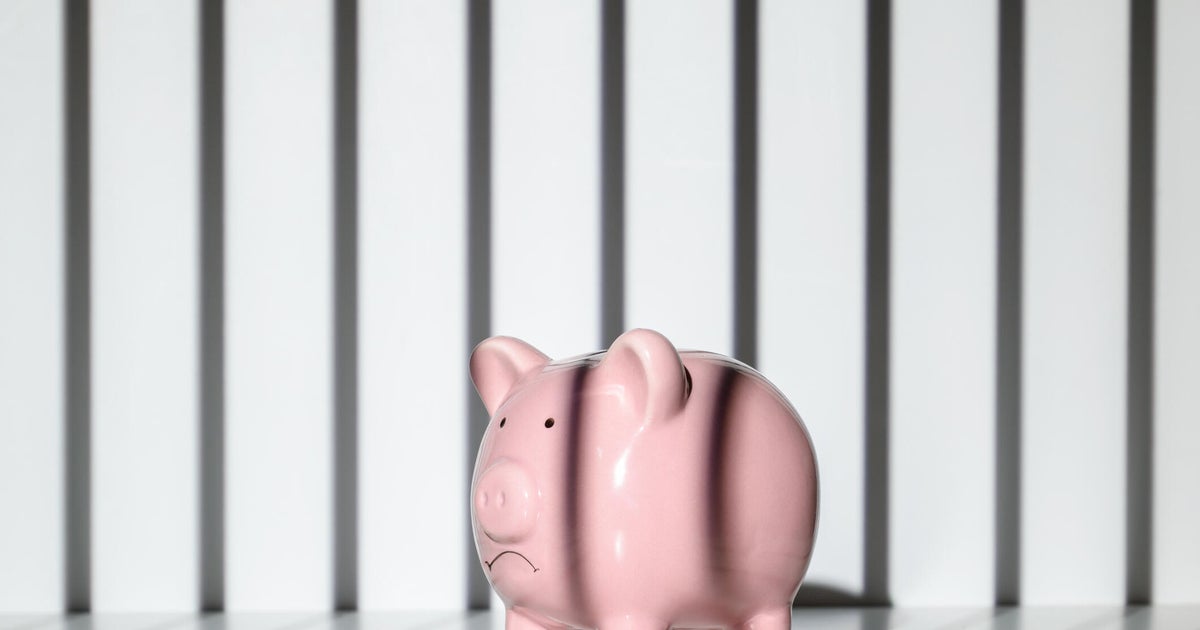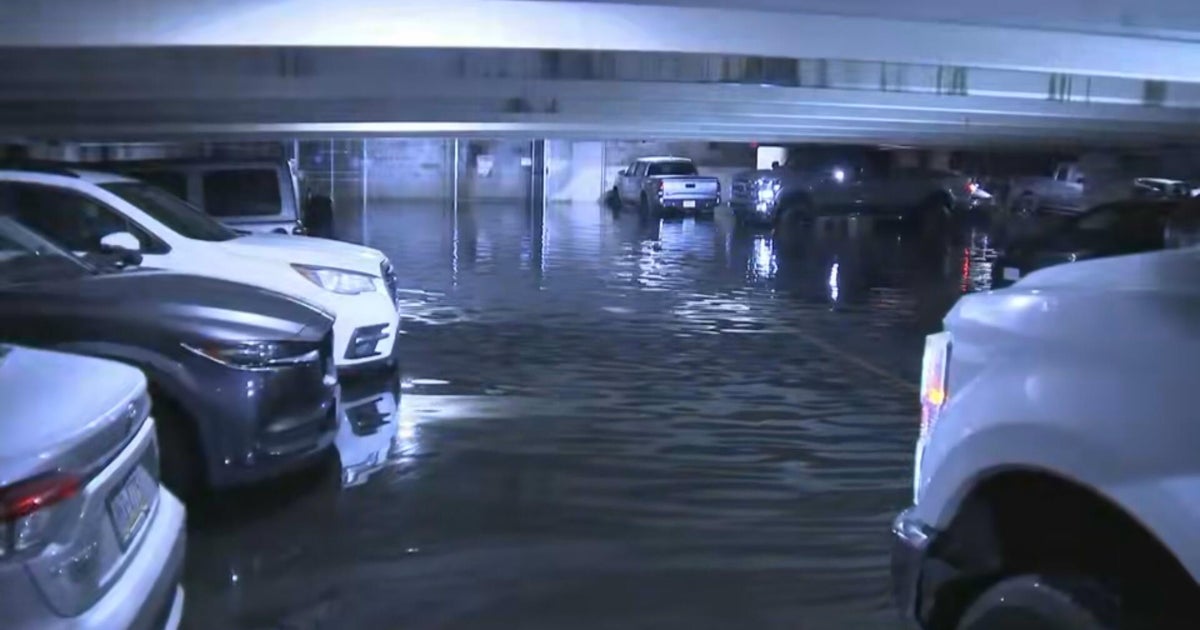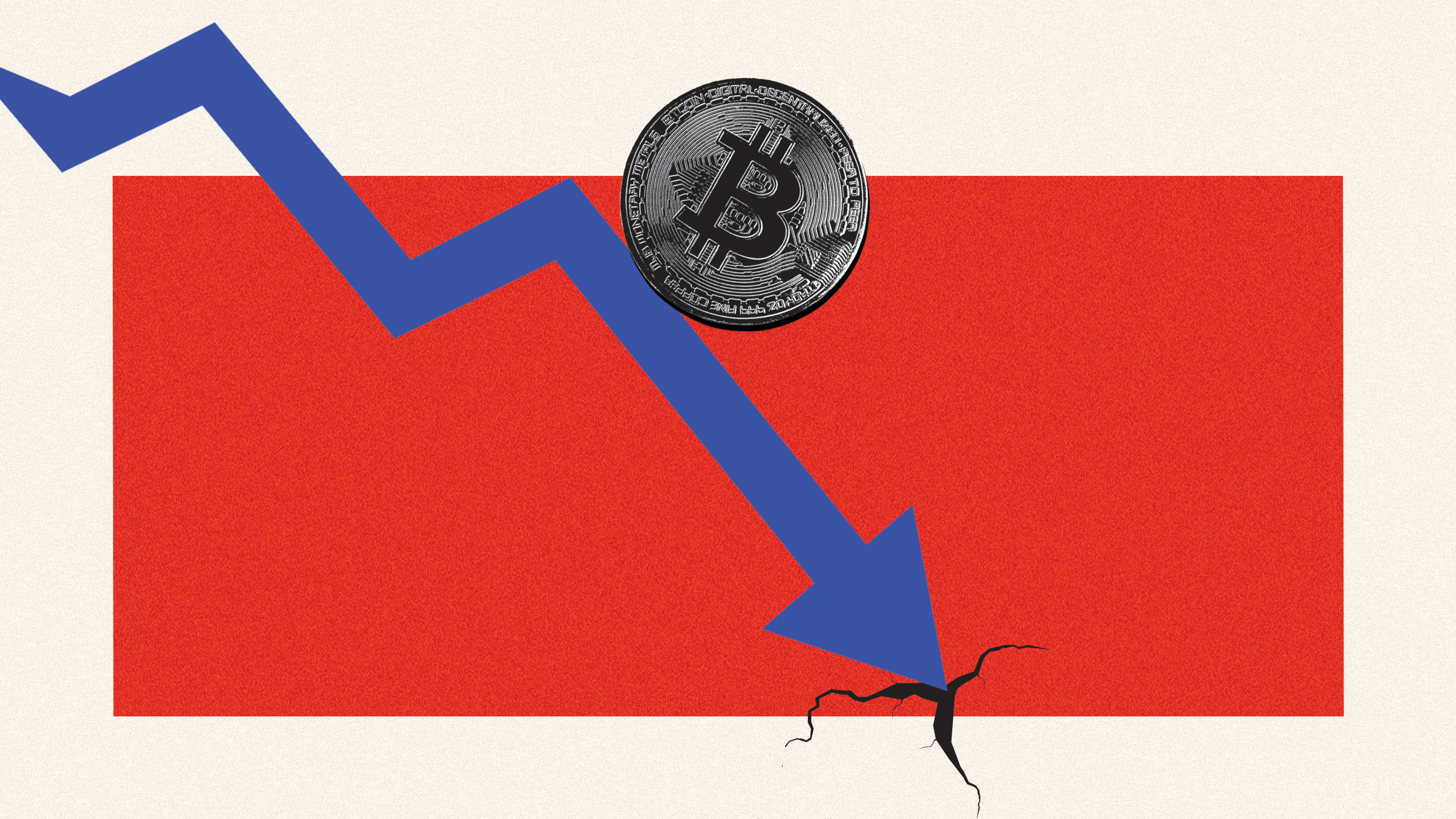U.S. debt default could wipe out 6 million jobs and $15 trillion in wealth, Moody's says
The U.S. economy could plunge into another recession this fall if Congress fails to lift the debt ceiling and the nation is unable to pay its obligations, according to an analysis by Moody's Analytics chief economist Mark Zandi. The fallout would wipe out as many as 6 million jobs and erase $15 trillion in household wealth, he estimated in a report.
The debt limit is the maximum amount the U.S. is permitted to borrow to pay its debts. If the amount of government debt hits that threshold without lifting the ceiling by current mid-October deadline estimates, the U.S. would be unable to pay interest on the trillions it already owes and could default — something that has never happened in the nation's history.
In real terms, the nation would soon return to high unemployment rates, approaching 9% compared with its current rate of 5.2%. Also, come November 1 checks for millions of Social Security recipients would be delayed, Zandi noted. And stock prices would likely plunge by one-third, sparking that $15 trillion loss in household wealth. Meantime, mortgage rates and other interest rates for things like credit cards and auto loans would spike.
Pensions for veterans would lapse, and benefits for millions of Americans receiving food assistance would be halted. The carnage could also freeze daily corporate cash flows and bond and credit markets.
Democrats for months have been calling for a bipartisan approach to raising or suspending the debt ceiling, as has been the Washington tradition even after the fiercest partisan fighting, but this time Republicans have said Democrats would not have their support. While the Democrat-controlled House on Tuesday passed a short-term government funding bill that includes a provision to suspend the debt limit, that's unlikely to move forward in the Senate given GOP resistance.
Failure to resolve the impasse could unleash "chaos," Zandi warned on Tuesday.
"A bedrock of the U.S. economy and global financial system is that the U.S. government pays what it owes in a timely way," he wrote in the research note. If the government defaults, "The U.S. and global economies, which still have a long way to go to recover from the recession caused by the pandemic, will descend back into recession."
That would result in hardship for millions of Americans, from the 40% of seniors who rely on Social Security for their sole source of income to those who might lose their jobs in another recession. The financial hit would come at a time when many families are still struggling to recover from the economic turmoil of the pandemic, with one-quarter of Americans saying they struggled to pay their bills in the last week, according to new data from the Census.
How real is the risk?
Government officials, business leaders and economists are raising the alarms about the potential impasse, saying not addressing it in a timely manner would be disastrous.
"Failing to address the debt limit, and allowing an unprecedented default, could cause serious economic and national security harm," six former Treasury Secretaries, including Henry Paulson and Robert Rubin, said in a letter to congressional leaders on Tuesday. "Even a short-lived default could threaten economic growth" by roiling markets and economic confidence, cutting off vital services to Americans and undermining the trust in the credit of the U.S.
They added, "This damage would be hard to repair."
But how real is the risk of an actual default? Wall Street analysts right now are pegging the probability of default as low —but rising each day that a debt-ceiling deal does not gel.
"The prospects of a default or the collapse of the infrastructure bills remain low probabilities, but these outcomes can no longer be easily dismissed or discounted," Brian Gardner, chief Washington policy strategist at Stifel, said in a Wednesday research note.
When Congress raises or suspends the debt limit, it's not giving the go-ahead for new spending — instead, it allows the Treasury to pay for spending that has already been green lighted. If the debt ceiling isn't lifted or suspended, the Treasury Department would rely on so-called "extraordinary measures" to keep paying its bills.
Extraordinary measures
Such measures include suspending the sales of some Treasury securities, for instance. But when those measures are exhausted and the Treasury spends its cash on hands, the U.S. wouldn't be able to meet its debt obligations. In other words: default.
The chances of this are still "remote," Gardner said. But the path forward is "more murky than usual." In the meantime, he added, markets could fall on concerns over the very process of political brinkmanship, with something as financially simple and sacred as the full faith and credit of the United States morphing into permanent partisan warfare.
"The political game of chicken could spook investors into a risk-off trade in the coming weeks," Gardner wrote.
If the Democrats' efforts fail, it could also result in a government shutdown at the end of the month, since the federal government's fiscal year ends September 30. Unless Congress approves a spending bill by then, it's likely that nonessential parts of the government could be shut down, Gardner said.
Gardner added, "The chances of a government shutdown on October 1 have risen and are now slightly above 50/50."



